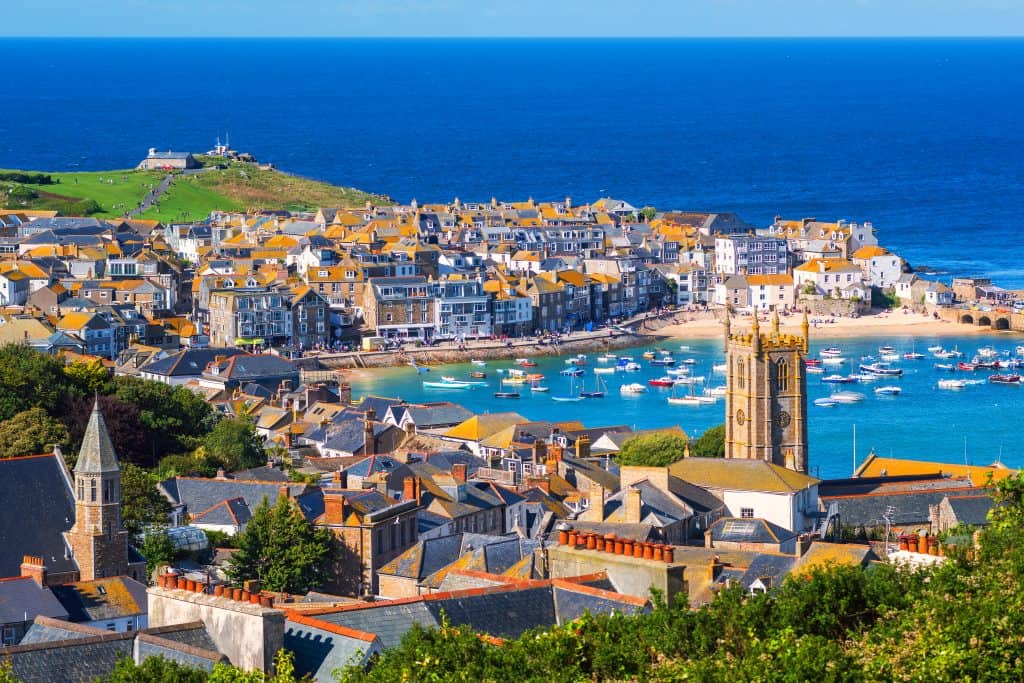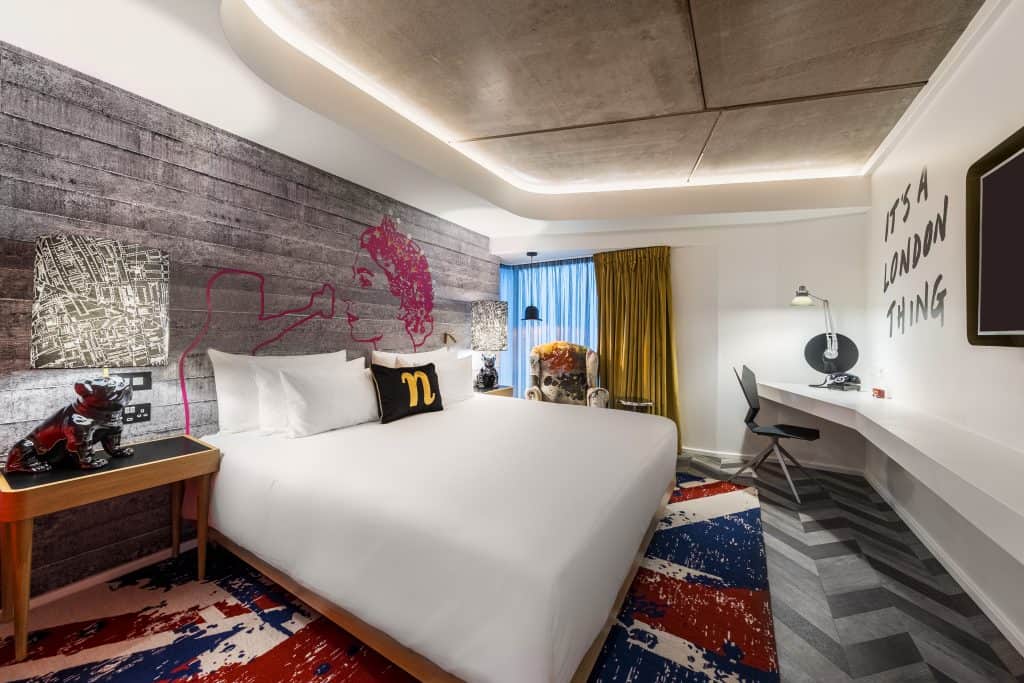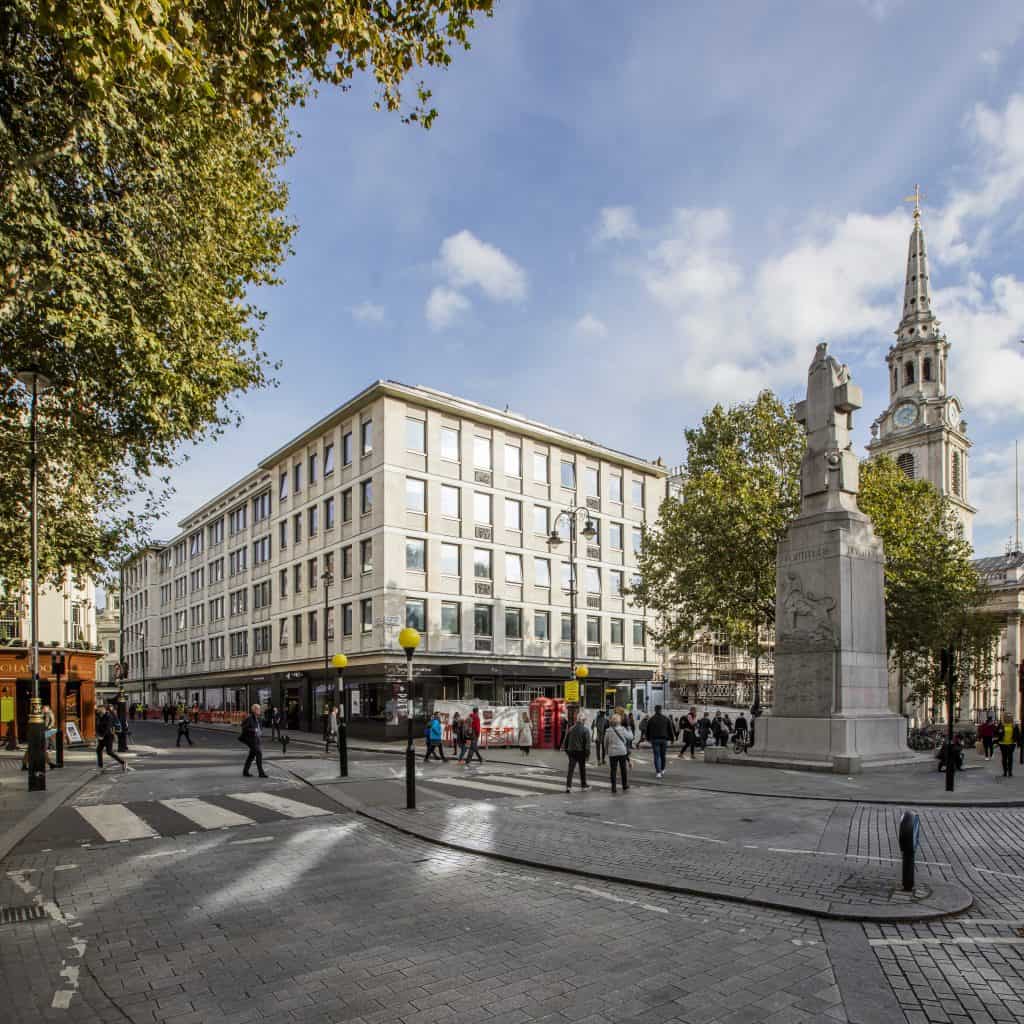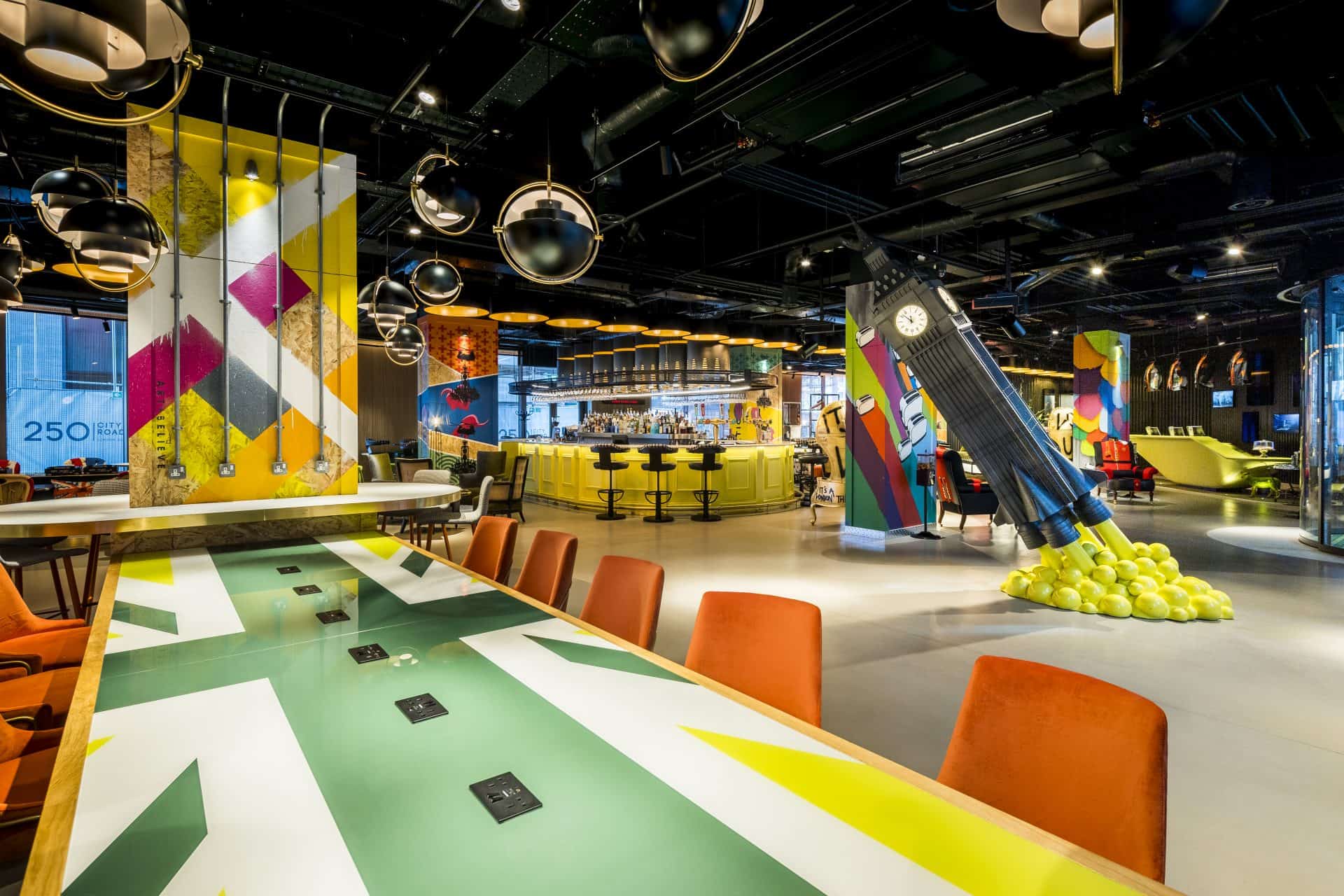The UK’s leisure market is bracing itself for a summer staycation boom.
Consumer safety concerns around Covid-19 and ongoing confusion over the government’s ‘green list’ travel advice, is expected to spur a sharp rise in domestic holidays this year.
While traditionally popular UK holiday destinations are set for reported billion-pound windfalls, questions remain about the level of opportunity that exists in other parts of the UK and the extent to which hotels and their investors will benefit.
- Are hotels still viewed as a top-tier investment class?
- Is it time to challenge perceptions of what a ‘resort’ looks like?
- And how can we make best use of provincial buildings unsuited to office or residential accommodation?
In the first of a series of articles, Paul Gorry, hospitality and secured environments sector lead at Willmott Dixon Interiors gives his thoughts on why now is the time for local authorities to invest in well designed, well positioned and well marketed staycation facilities.
Pent-up demand drives Great British staycation
New research suggests that around 23 million Brits will holiday in the UK this year.
The report, by Barclays Bank, predicts that the tourism industry will add almost £31 billion to UK GDP, with Devon and Cornwall in line to receive in the region of £3 billion from holidaymakers keen to stay at home.

The projections have not been lost on the aviation sector either. EasyJet announced its new ‘staycation’ service in June 2021, operating flights between Glasgow and Newquay for the very first time.
According to Paul Gorry, pent up enthusiasm and consumer confidence is likely to lead many of us to conclude that a UK summer holiday is our best option for the foreseeable future.
“There has been a lot of recent debate in the hotel and leisure sector about the type of consumer that’s likely to come back first,” he says, “and it’s becoming clear that domestic tourism will bounce back quite quickly and quite hard.
“We’re all asking ourselves what a holiday looks like this year. We’ve considered foreign destinations such as Portugal or Spain, but some of it is going to be really expensive, with massive disruptions at airports. And then there are continued government restrictions to consider too.
“It’s a situation that’s really helping to market UK holidays and we’re realising that actually, there are some nice places to visit.”
Hotel sector could benefit from economic recovery
Despite the huge challenges posed by the coronavirus lockdown, the UK is not in recession.
Indeed, the OECD expects the UK economy to post its fastest growth since the second world war this year.
As a public collective, there is money in the bank: most of us have saved because we’ve not travelled for more than a year. The question, at least for the hotel sector, has really been around our confidence in spending it.
If so many of us are set for a domestic holiday this year, will hotel occupancy rates rise and how will operators respond?
“The hotel market bends and flexes based on supply and demand,” explains Paul.
“So far rates have remained fairly steady for the hotels that have opened, it’s the occupancy that’s been really hurt. There is an expectation that hotel occupancy will increase in the coming weeks and months and I’d expect prices to increase on the back of that too.
“Hotels will be keen to make up lost ground, if the demand is there they will charge more. And we’re likely to spend the money just to get out of town.”

The Uk’s first nhow Hotel in Shorditch, delivered by Willmott Dixon Interiors which opened its door just before the pandemic.
Domestic holidays and ‘distressed assets’ open door for investment
What about investors? Before the pandemic, hotels were viewed as a top tier investment class; both exciting and considered.
The hotel market worked hard to appease potential investors and convince them that they could diversify their portfolio.
The London market in particular was seen as an attractive place to invest but it soon led to overheating. It was a pattern repeated in cities such as Birmingham, Manchester, Oxford and Cambridge.
“Any hotels or hotel convertible property that came on the market in those cities in the last few years, has invariably felt overpriced,” says Paul.
“Quite simply there wasn’t enough property for big institutional investors and large private equity real estate businesses to invest in. They were all bidding so hard that prices inevitably rose.”
The pandemic has undoubtedly left its mark on the sector: STR estimates that c.5% of UK hotels will never reopen.
Whilst hugely disappointing for the businesses and employees concerned, those properties – coupled with the rise in domestic holidays – present new opportunities for investors.
Just how likely is it that those buildings will be rebranded, refurbished and brought back online?
Paul says: “In all likelihood we’re talking about the bottom 5% of the market in terms of the quality of hotel and its location, which won’t be desirable for some people to invest in. But undoubtedly there will be investors who will consider those kinds of opportunities as part of the growth of their portfolio. I think the main players will still be hungry to invest.”
A golden opportunity to create new resort destinations
Research by hotel booking platform, HOO, claims that as much as 90% of holiday accommodation in UK staycation “hotspots” is already booked this year.
Where are the hotspots located? Think Yorkshire, London, North Wales, Cornwall and the Cotswolds. Elsewhere, we tend to look at resorts in terms of Butlins and Center Parcs.
Is it possible to create a successful alternative? Paul thinks so. He suggests that councils and local authorities nationwide could capitalise on the likely surge in growth in the domestic market by thinking entirely differently.
“There are some really exciting opportunities for councils and local authorities to invest in what would typically be seen as a private sector investment class,” he says.
“A resort could be a hotel for instance, with a fistful of other attractions nearby. It doesn’t have to be a UK variation on a Jamaician beach holiday to be enticing to visitors.
“We recognise that local authorities own large pieces of land. They include buildings that would not work as offices or residential accommodation for instance, that could be converted into really interesting places for people to be. You could take a big old glamorous building like a town hall and turn it into a facility that people want to go and spend some time in. It could house rooms, a spa and big pavilions of eateries – all things that can all be delivered by a good hotel operator.”
The concept also offers the dual benefit of rejuvenating high streets at a time when many have been decimated by the pandemic. Add a household brand, or even a well run independent to a given location, and other investment often quickly follows, much to the benefit of local people.
Paul adds: “Investing in well designed, well positioned and well marketed staycation facilities has the potential to provide a stable return, capturing people’s imagination and providing a catalyst for town centre regeneration.”
Willmott Dixon Interiors takes care of a wide array of hotel and leisure projects, ranging from small independents, through to internationally renowned brands.

St Martins Place Hotel in Charing Cross, London
With a proud track-record for transforming historic buildings and improving visitor experiences, we have delivered high-end boutique hotel refurbishments across landmark areas. They include the UK’s first nhow Hotel, on the edge of Shoreditch, which provides a unique experience for guests through its vibrant interior; St Martins Place, the conversion of an old office building into a boutique hotel in Charing Cross; and fast-track hotel refurbishments, including the conversion of apart-hotels in Long Lane and Earls Court into the Residence Inn by Marriott brand for Starwood Capital and a nationwide roll-out programme for Travelodge.
For more information, get in touch:

